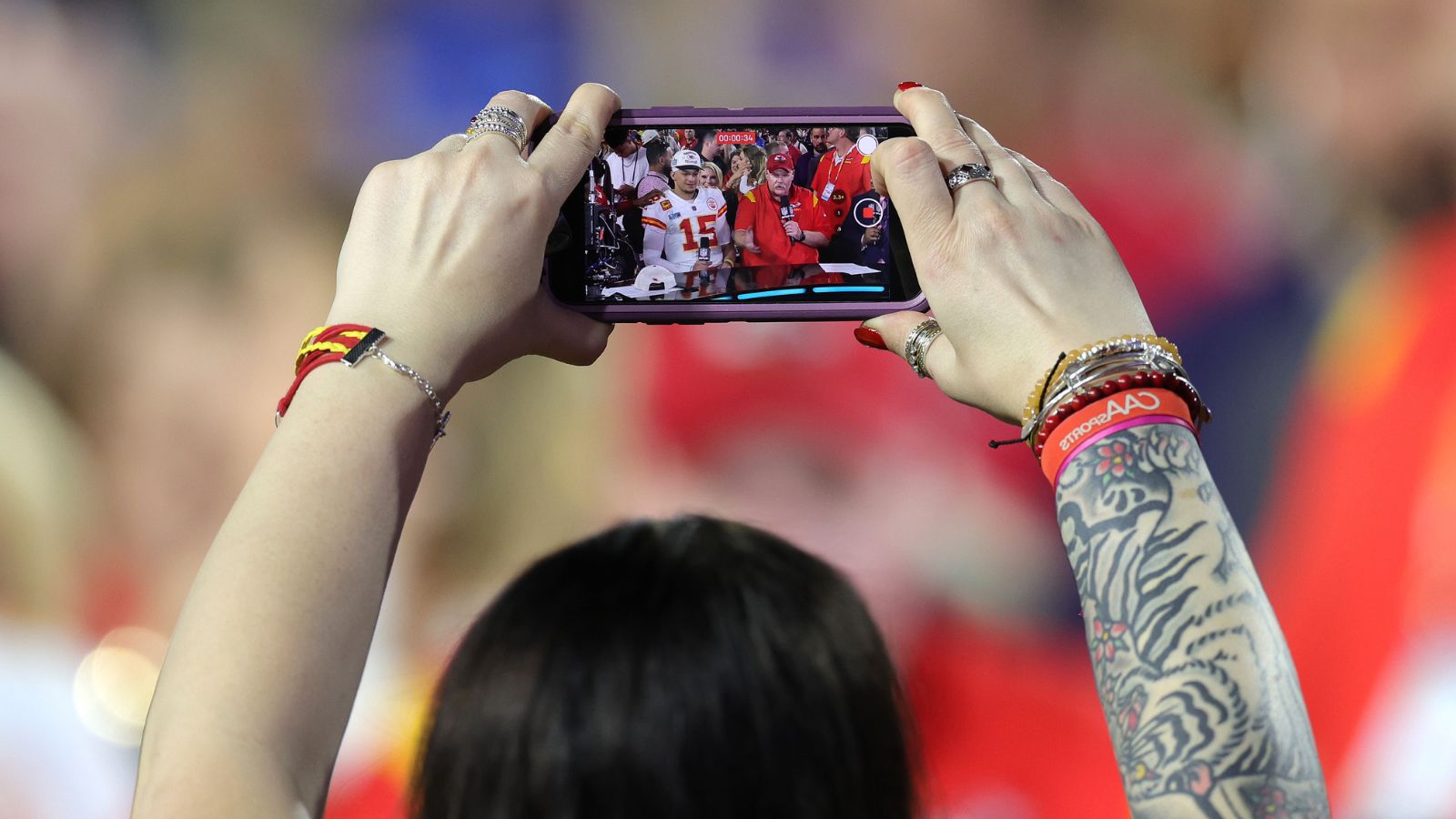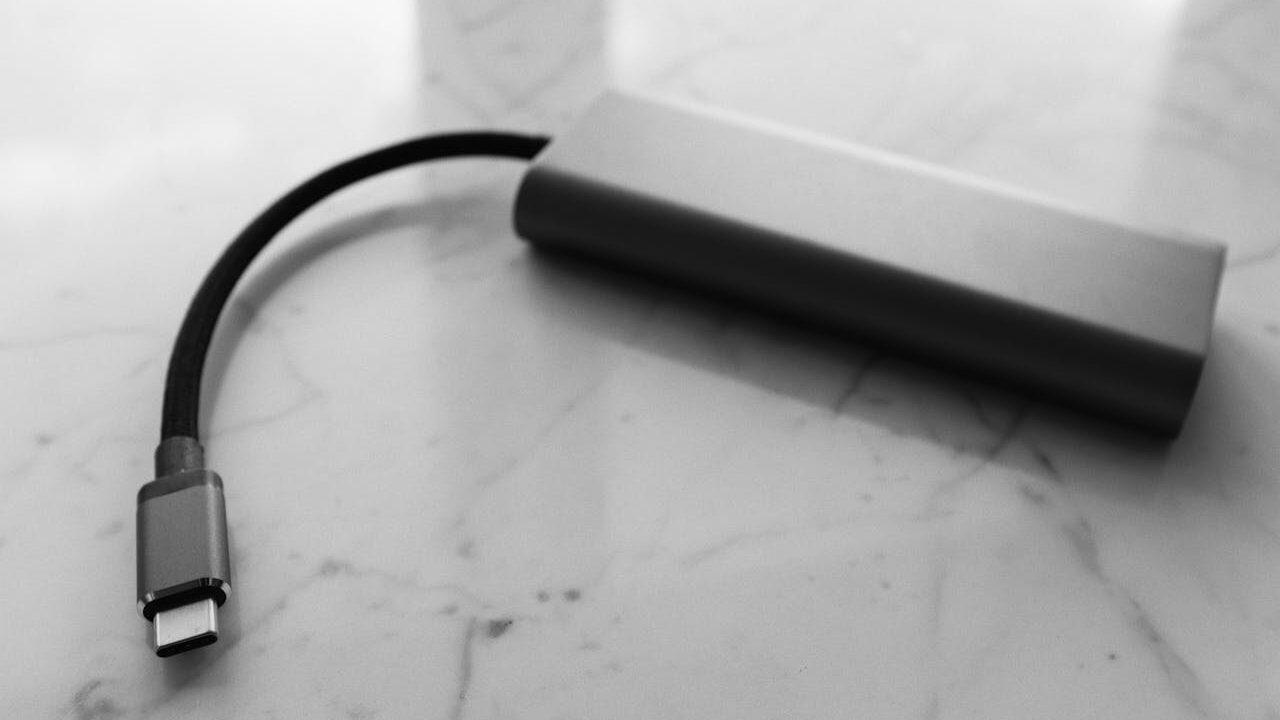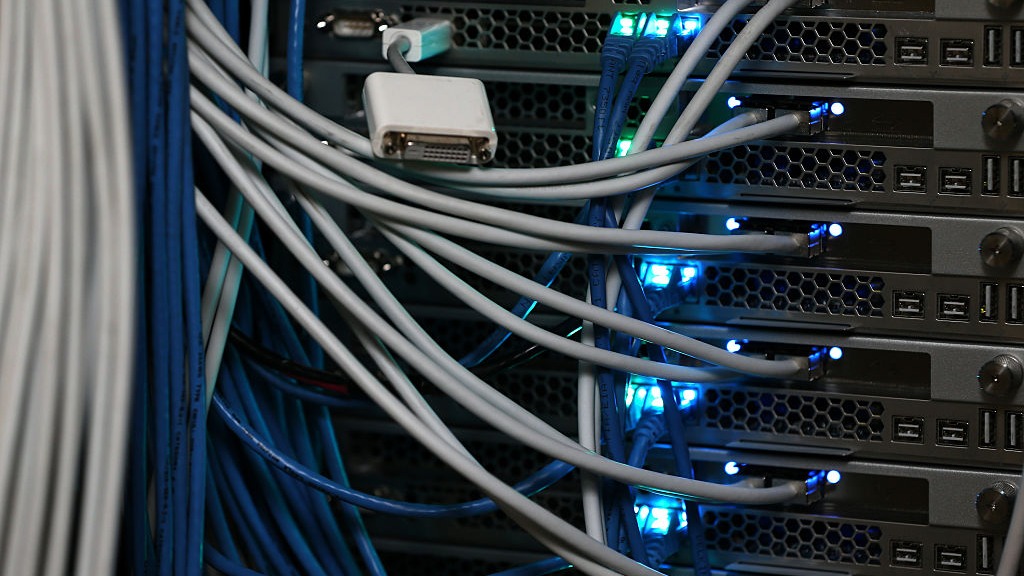Should ‘cord-cutters’ opt for cable Internet or DSL?
Feb 27, 2015, 2:15 PM | Updated: Apr 24, 2015, 8:13 pm
Q: I am currently fed up with my Internet and cable provider. I am thinking of going with DSL for Internet and just using an antenna and Netflix/Hulu/Amazon/Roku for the rest. Any advice?
What you’re considering becoming is a “cord-cutter,” which refers to households that have cut out cable or satellite television service and gone to Internet streaming services for their content.
Let’s first address the cable versus DSL question, which in many ways is like the classic Ford vs Chevy argument — there is no one answer for everyone.
The reality of Internet connections is that where you live, who else is on the same network and what you want to use the connection for will play a big role in your overall experience.
In general, cable can provide more raw speed for the buck, including the all-important upload speeds for gamers and heavy uploaders of pictures and video.
The downside to cable Internet service is that you’re sharing the connection with others in your neighborhood, so performance can vary based on the quantity and activities of your neighbors. Think of it like water pressure — if everyone decides to water their lawn at 5:30 p.m., you’ll all notice a drop in water pressure everywhere.
DSL connections may be at a slightly slower speed, but your experience isn’t impacted by others like with cable connections. DSL speeds are impacted by how far you are from the provider’s hub. The farther you are, the slower the average speeds.
Remember that all of the bandwidth providers advertise speeds “up to,” meaning “your mileage may vary” (and likely will) so don’t base your decision to switch on the ads you see.
Before you assume that your current Internet provider’s service is the problem, make sure you’ve thoroughly eliminated your own infrastructure as the cause. Older cable modems, routers and even an old Ethernet cable can often be the cause of performance issues, so you may want to do some troubleshooting of your own equipment first.
You can also use sites like Test My Net to run speed tests on the connection between your connection and the Internet at large. If the test results show that you actually have a pretty solid connection (5Mbps or higher), than the problem may be your computer, cabling or networking gear.
HD-quality video streams generally do best with 5Mbps download speeds or greater per stream, so if you expect to use multiple streams on a regular basis, more is better.
If your speeds are really slow, ask neighbors that pay for the same service to do the same test. If their speeds are a lot faster than yours, the problem could be a damaged cable connection in or outside of your house, in which case you should schedule a technician from your provider to test everything.
To determine whether you can live without cable television service, you have to start with what you want to be able to watch.
Most people are surprised when they see all the digital HD channels that you can get for free with an HD antenna that ranges from $30 to $75 (54 channels in my area).
From there, you’ll have to do a thorough review of the content offered by all of the
streaming boxes (Roku, Apple TV, Chromecast, Xbox, etc.) and streaming services (Netflix, iTunes, Hulu Plus, Amazon Prime, etc.) to figure out what you’re willing to pay for.
Newer streaming services, such as Sling TV which includes ESPN and the much anticipated HBO online, will make cord cutting even more appealing in 2015.









